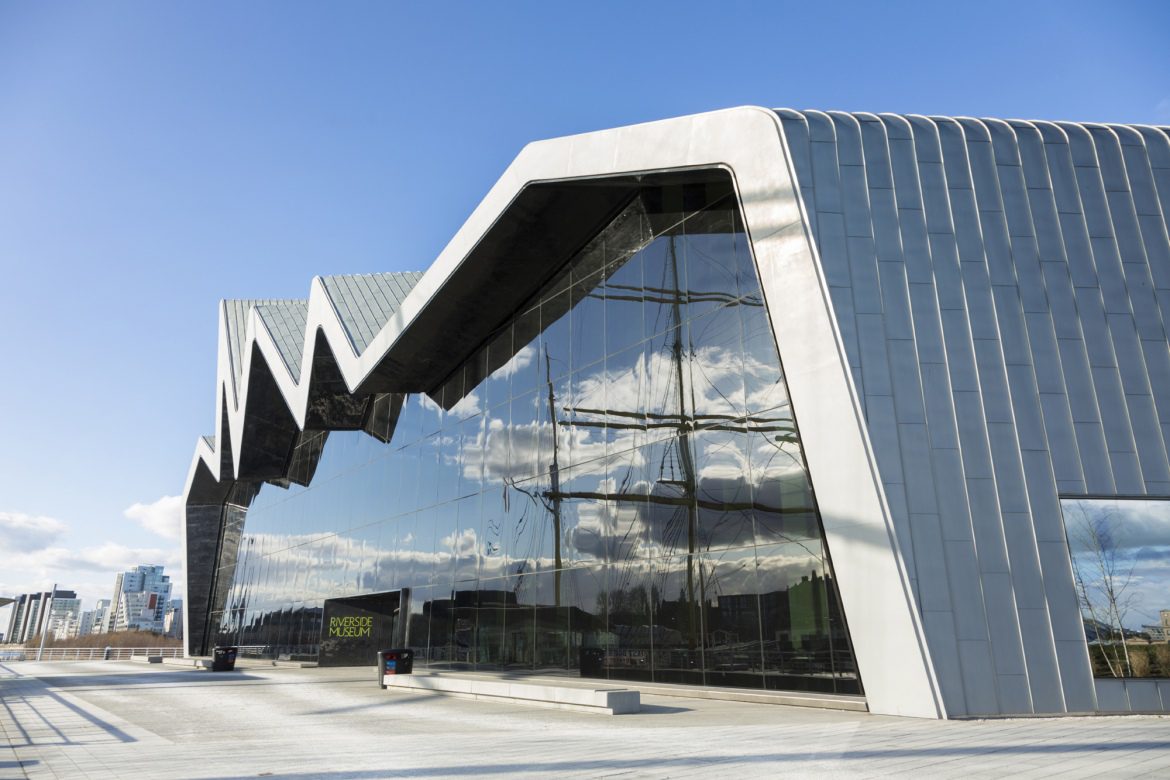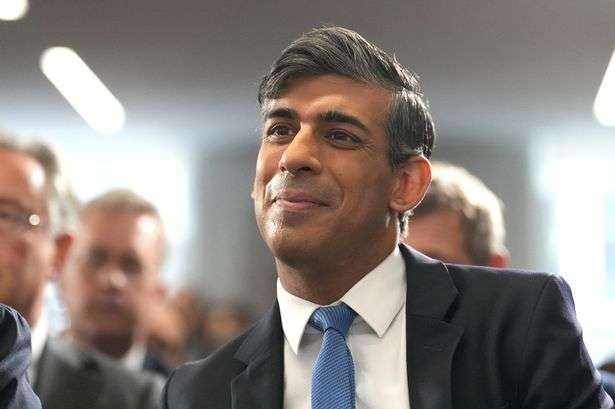Honesty about the true role of important historical figures has led to a movement to remove statues and rename landmarks associated with Britain’s imperial legacy and slavery in particular. . http://www.heraldscotland.com/news/16416274.edinburgh-ready-to-face-up-to-dark-past-of-henry-dundas-philanthropist-who-also-championed-slavery/
News
 Brian McGuireAugust 14, 20181 Mins read296 Views
Brian McGuireAugust 14, 20181 Mins read296 Views
Edinburgh ready to address true role of slavery politician

xriversidemuseum
Recent Posts
Related Articles
News
WIN a share of £2.5k!
We’re presenting an opportunity for Glasgow news enthusiasts to get a share...
By Lewis McGuireMay 19, 2024
News
Education secretary Jenny Gilruth to demand Scots free school meals cash
Jenny Gilruth has pledged to reach out directly to the freshly appointed...
By Lewis McGuireMay 19, 2024
News
St Mirren trio set for Buddies goodbye at Celtic title party after Euro joy
Today marks the final appearance for Europe-bound St Mirren’s Charles Dunne, Ryan...
By Lewis McGuireMay 18, 2024
News
Scots suffering environmental scandal caused by Tories’ disastrous Brexit
It’s a well-known fact that Brexit has triggered a host of issues...
By Lewis McGuireMay 18, 2024









